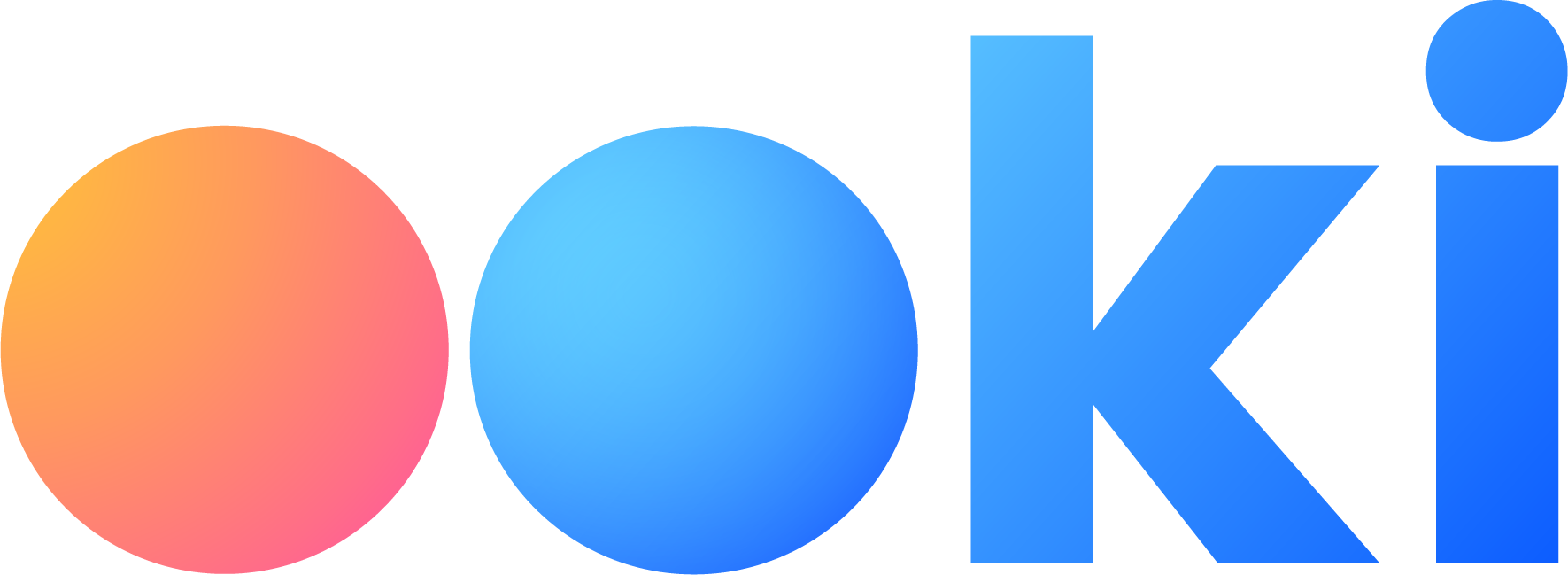Smart contracts are self-executing contracts with the terms of the agreement embedded in code, executed automatically once predefined conditions are met. Central to decentralized applications (dApps) on blockchain platforms like Ethereum, smart contracts facilitate, verify, and enforce the negotiation or performance of a contract autonomously. This automation introduces a higher degree of security and lower costs compared to traditional contract law, drastically reducing the need for trusted intermediaries.
How Smart Contracts Work
Smart contracts operate on blockchain technology, ensuring that once a contract is deployed, it cannot be altered, providing transparency and trustworthiness. The process begins with contract creators defining rules and consequences in a programming language, which then get embedded into a block on the blockchain. When predetermined conditions are met, the smart contract executes the corresponding contractual clause.
Key components of smart contracts include:
- Triggers: Events that initiate the execution of the contract, such as the expiration of a lease or the achievement of a specific goal.
- Actions: Automated activities performed by the contract upon activation, like transferring funds or issuing tokens.
- State: The current status of the contract within the blockchain, storing all the inputs and outputs related to the contract's execution.
Benefits and Challenges of Smart Contracts
In the DeFi sector, particularly on platforms like Ooki, smart contracts provide several critical benefits:
- Automation: They reduce the execution time of processes from days or even weeks to mere minutes.
- Cost Efficiency: By eliminating intermediaries, smart contracts significantly lower transaction costs.
- Accuracy and Transparency: The removal of manual processing minimizes human errors and provides a clear audit trail.
- Security: Encrypted records on the blockchain deter fraud and unauthorized interference.
Despite their advantages, smart contracts are not without challenges:
- Technical Vulnerabilities: Bugs in code can lead to exploits.
- Scalability: High demand can lead to network congestion, affecting transaction times and costs.
- Legal and Regulatory Issues: The legal status of smart contracts is still under debate in many jurisdictions, complicating their enforcement and acceptance.
Conclusion
Smart contracts are revolutionizing how agreements are made and executed across various industries, especially in finance and DeFi. By understanding and leveraging the power of smart contracts, platforms are not only optimizing their operations but are also offering their users more autonomy, efficiency, and security. As the technology matures, we can expect even broader adoption and innovation in smart contract applications.
About Ooki
Ooki is a protocol for margin trading, borrowing, lending and staking enabling the building of Decentralized Applications for lenders, borrowers, and traders to interact with the most flexible decentralized finance protocol on multiple blockchains. Ooki is a fully decentralized, community-run DAO, governed by the community vote for all major changes to the protocol. Ooki users can engage in margin trading with up to 15x leverage using a fully decentralized trading platform.






